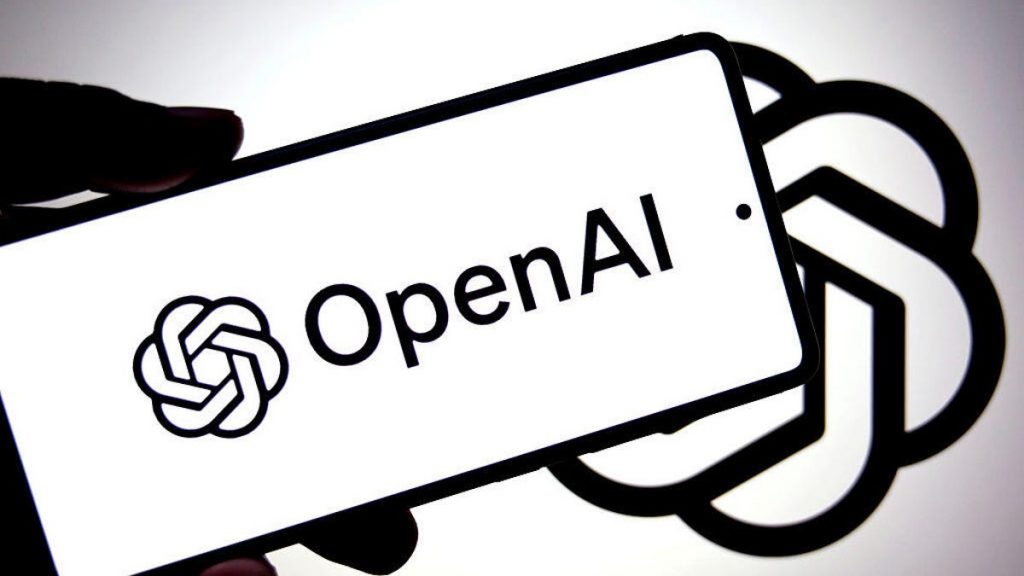Close followers of OpenAI’s model releases are probably tired of hearing about GPT-5, the next big step in the company’s line of flagship large language models. It’s been expected seemingly all year. But the hints are getting stronger.
Already this week, the ChatGPT maker has unveiled its open-weights models — gpt-oss — that have also been teased for months. These models, unlike the GPT models and other popular LLMs like Google’s Gemini, offer transparency into how they work and think. Just before that release, however, CEO Sam Altman hinted that something bigger was coming too: «something big-but-small today,» he posted on X, «and then a big upgrade later this week.»
(Disclosure: Ziff Davis, CNET’s parent company, in April filed a lawsuit against OpenAI, alleging it infringed Ziff Davis copyrights in training and operating its AI systems.)
The work on GPT-5 hasn’t been a secret, and the hype has been intense. In a July interview with the podcaster Theo Von, Altman said he was testing the new model and asked it to interpret and write an email he had trouble understanding. «I felt useless relative to the AI in this thing that I felt like I should’ve been able to do and I couldn’t,» Altman said. (It must have been a very impressive email.)
It’s been a long time coming. GPT-4, current generation of the complex program behind ChatGPT and many other tools, came out in March 2023, an eternity ago in the world of large language models. There have been a lot of iterations since: GPT-4.5 rolled out in February of this year. Reasoning models have also emerged in the gap, including o3 and o4 families.
GPT-5 was originally expected to happen in the early part of the year, but Altman said in April that it would be delayed a few more months. Developers found it harder than expected to integrate all of the elements they wanted, and Altman said they also wanted to be sure they had the capacity to support «what we expect to be unprecedented demand.»
Read more: ChatGPT Will Start Asking If You Need a Break. That May Not Be Enough to Snap a Bad Habit
On Sunday, he doubled down on the capacity worries, posting on X that «although it may be slightly choppy, we think you’ll really love what we’ve created for you!»
OpenAI’s rivals haven’t been sitting around twiddling their thumbs. Google’s Gemini 2.5 models, released in March, incorporate reasoning while also being able to handle huge prompts. Anthropic’s Claude 4 models, which debuted in May, include one designed specifically for coding and complicated tasks. But it’s ChatGPT that fronts the pack as the most popular default tool for users, and a new version could extend that lead.
It also might not be perfect. OpenAI had to pull an update to its GPT-4o model earlier this year because it was way too nice — like, codependent nice, like it might not push back even if you’re asking about something harmful to yourself or others.
